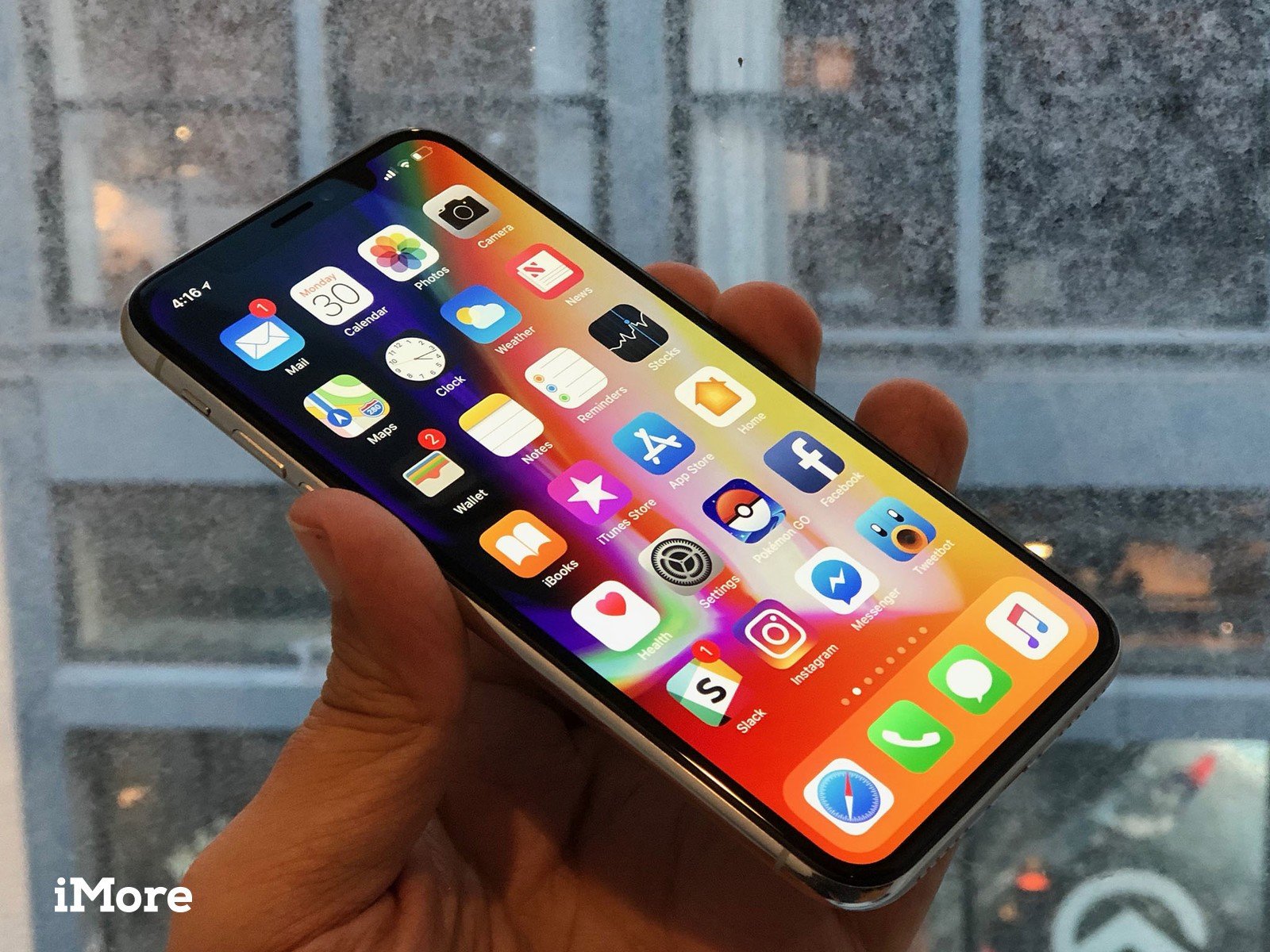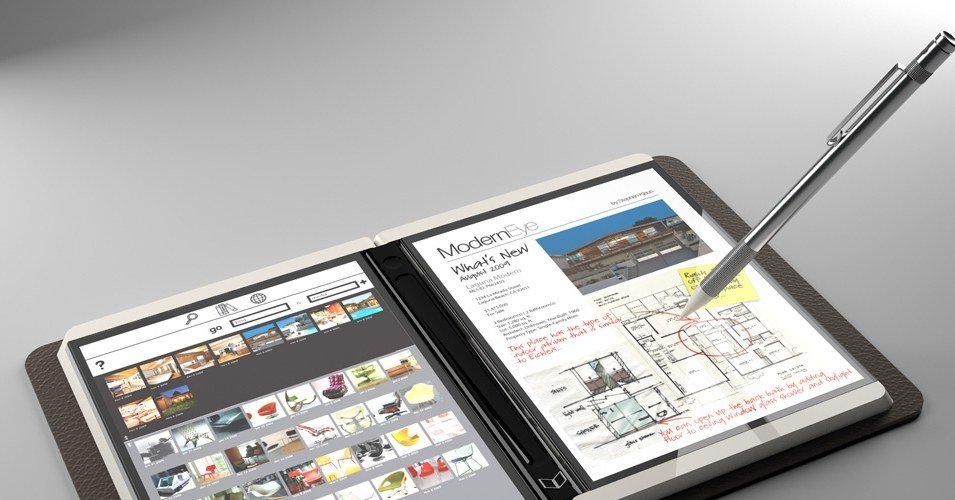Let's be honest, no one really needs a $1,000 smartphone
A thousand dollars could be a down payment on a car, a month's rent, a few months of groceries or - it'll get you a smartphone.

All the latest news, reviews, and guides for Windows and Xbox diehards.
You are now subscribed
Your newsletter sign-up was successful
Guess how much that new iPhone X costs?
I love tech as much as the next geek, but $1,000 seems pretty steep for a smartphone. Then again I'm frugal. I like nice things but don't like spending extra money just for a name.
For perspective, I've never owned a pair of Jordan's. But maybe you did, and maybe you're eying that $1000 iPhone X or Samsung Galaxy Note 8. Or perhaps you're anticipating what is sure to be an equally expensive Surface-something from Microsoft if a device materializes. But do any of us really need to drop a grand on a smartphone or Microsoft's potential ultramobile-something?
How we use our smartphones
When considering a purchase, comparing the value a product will add to our lives, and its cost is wise. Subjective perceptions affect how we value possessions, but let's consider the practical value of how we use smartphones.
Smartphones aren't used for talking as often as the phones that preceded them were. In fact, actual "phone" use ranks below messaging, web surfing, social media and other activities that dominate smartphone usage. Furthermore, statistically we use only six core apps regularly.
So, an affordable dumb-phone may not meet people's needs. But the question for people prepping to plop rent money on a new iPhone X is this: is messaging, web surfing, social media activity and taking nice pictures worth $1000?
All the latest news, reviews, and guides for Windows and Xbox diehards.
Could you get a smartphone that does all that and more for less? Perhaps the smartphone you have in your hand right now (you know the one you bought last year) does all those things.
Oh, I get it. It's not only about what the device does it's about what it represents.
Related: Apple's new iPhones show Microsoft the time may be right for Surface Andromeda
Smartphones haven't changed much
Technology is a never-ending evolution of incremental advances that we love taking part in. Last year's iPhone 7 Plus was an iPhone fan's dream until this year's iPhone X. Similarly, for the Android fan, 2016's Samsung Galaxy Note 7 … never mind, you get my drift. And we won't even mention Windows phones.
My point is, smartphones haven't changed all that much relatively speaking. Sure they're bigger, faster, more powerful and have awesome cameras. But the iPhone X is fundamentally the same device the earlier iPhones were, and provides the same basic and sought after functions. It's a glass-covered rectangular slab mostly used for messaging, web-surfing, music and social media activity.
Barring the esteemed position of smartphone cameras, the way most people use smartphones hasn't really changed. So what is $1000 getting you compared to the lower price of previous phones?
The price of fitting in
Apple CEO Tim Cook recently said the iPhone X is "a value price for the technology that you're getting." I acknowledge advances in biometric security, wireless charging, and more powerful processors that weren't part of very early devices.
Prices have increased, but smartphone usage patterns haven't changed.
But these and cosmetic changes may not warrant a $1000 price tag since we're using these phones the same way we used less advanced smartphones. Form factor and market positioning haven't pushed us to new and broader usage paradigms.
So are we paying for the device or for what it represents culturally? Probably both. An individual's perception of self, financial resources, desired or actual social position and love for tech will likely play a role in his perception of the value of a $1,000 smartphone.
Why are we so obsessed with our smartphones?
iPhone and Samsung phones releases are cultural events covered by mainstream media. Apple's CEO is even part of the social dialogue and collective experience through appearances on news programs. Given this level of social impact, a consumers participation in the collective "upgrade" experience may be deemed worth the cost for some. No one wants to be left out. Except for Windows phone users who are willingly removed from the mainstream, of course.
What's worth $1000?
There are few scenarios where I or others would be comfortable paying $1000 for a smartphone. As long as it remains a traditional smartphone that doesn't extend beyond (via hardware design, platform, and OS capabilities) the common usage scenarios of messaging, social media activity and web-surfing, the price is too high.

But if there was a device that could be a phone, PC, and a tablet, that one device could potentially replace several with the necessary peripherals. Together, the device and accessories would be less expensive than the costs of a desktop, tablet and phone separately. It would still serve the common smartphone usage scenarios but also push users usage into other productivity and leisure scenarios. Now that device would be worth $1000. But it doesn't exist (yet) and may never come to market.
This is how Microsoft can market ultramobile PCs
I've recently shared I want a Galaxy Note 8, but it's too expensive. Considering that and the fact that the device I really want doesn't exist, is this entire piece merely sour grapes? No its not; that's my story, and I'm sticking to it.

Jason L Ward is a Former Columnist at Windows Central. He provided a unique big picture analysis of the complex world of Microsoft. Jason takes the small clues and gives you an insightful big picture perspective through storytelling that you won't find *anywhere* else. Seriously, this dude thinks outside the box. Follow him on Twitter at @JLTechWord. He's doing the "write" thing!


